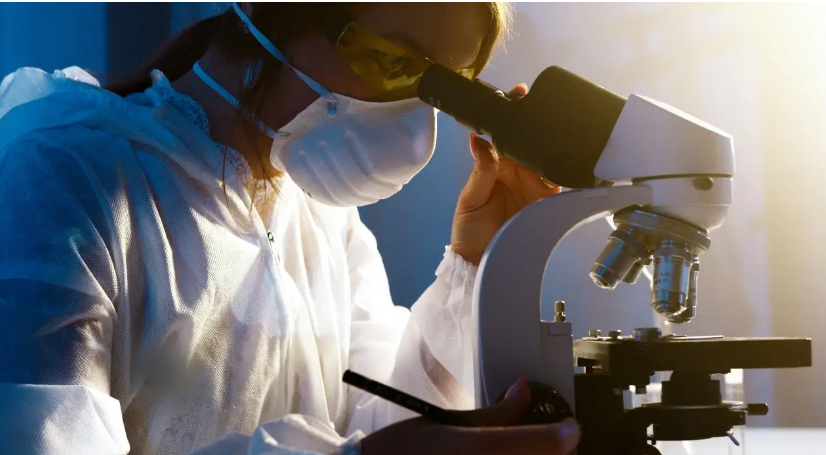A Medical Laboratory Scientist, Mr Olumide Fadipe, on Tuesday, said over 60 per cent of successful
medical treatments depend on inputs and results from medical laboratory science.
Fadipe, the Chairman, Association of Medical Laboratory Scientists of Nigeria (AMLSN), Lagos State branch, said this in an interview
with our correspondent in Lagos.
He said medical laboratory science played vital role in investigations and diagnosis on health conditions to aid medical treatments.
According to him, doctors rely on results generated from medical laboratories to arrive at treatment options.
He added that medical laboratory science had played vital roles in combating epidemics and pandemics in Lagos State, Nigeria and the world at large.
“In this era of diagnostic medicine, medical laboratory scientists play a foremost role in ensuring that medical prognosis and diagnosis
are confirmed by empirical evidence to necessitate medical interventions.
“It is the role of medical laboratory scientists to provide cost-effective, precise and accurate laboratory diagnosis which gives room for
appropriate treatment and management of health conditions.
“More than 60 per cent of successfully treated patients are managed based on medical laboratory results.
“Doctors rely on laboratory test results to make informed treatment choices. Patients’ history along with physical signs and symptoms
are vital but most diagnoses need confirmation that only laboratory tests can provide,” he said.
He explained that during the outbreak of COVID-19, medical laboratory scientists threw their lives in the line to achieve the provision of timely, precise and accurate results.
The laboratory scientist added that it was the efforts of medical laboratory scientists that enabled government to manage infected individuals and their contacts through treatment, isolation and quarantine.
He explained that the effective control of “deadly” diseases would not have been possible if not for the involvement of medical laboratory scientists in control programme.
Fadipe said the scientists also helped in the production of Invitro Diagnostics (IVD) and other diagnostic kits used for laboratory investigations.
